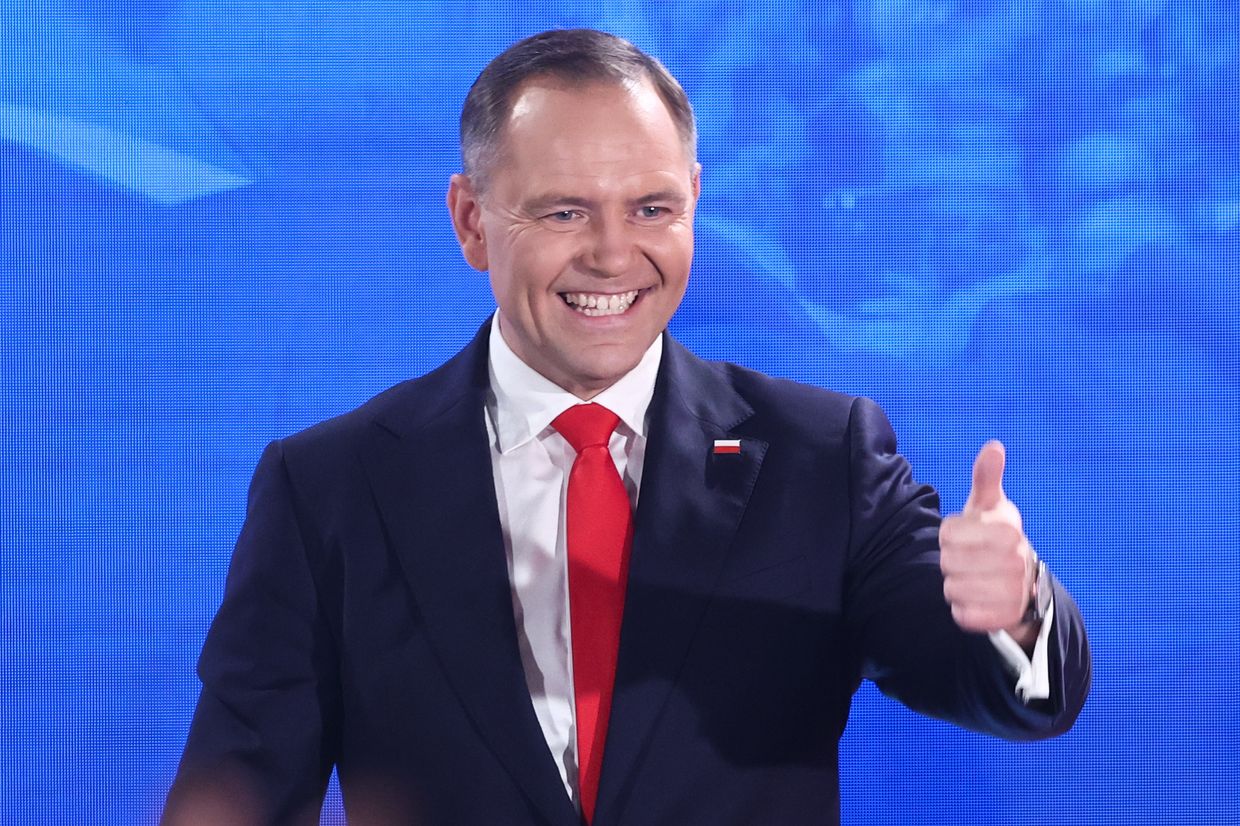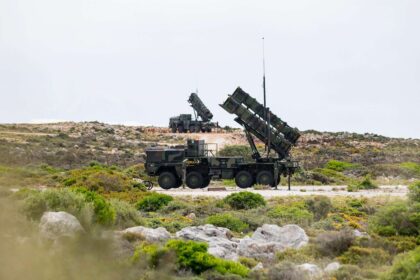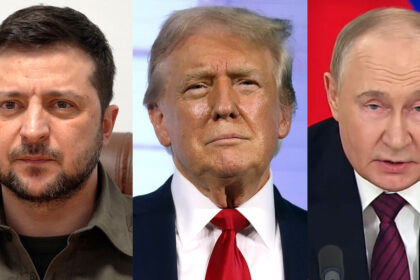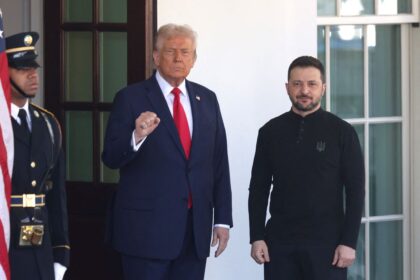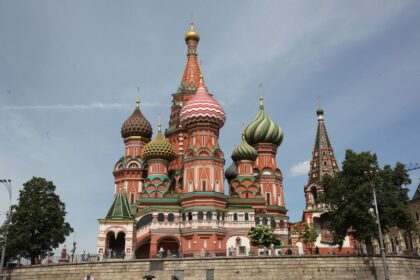The article discusses the shift in foreign policy among some Central and Eastern European countries, particularly Slovakia and Czechia, as they move away from supporting Ukraine in its conflict with Russia. Here are the main points:
1. **Slovakia’s U-turn**: After Robert Fico’s electoral victory in 2023, Slovakia has become more pro-Russian, compromising its EU hopes.
2. **Fico’s theatrics**: The Slovak leader has made provocative statements and appearances on Russian media, but his hold on power is weakening due to mass protests and dropping public support.
3. **Czechia slipping away from Ukraine**: The upcoming parliamentary elections in Czechia may see the populist ANO movement led by billionaire Andrej Babis gain power, which could lead to a shift away from supporting Ukraine.
4. **Babis’s rhetoric on Ukrainian refugees**: Babis has criticized the government’s support for Ukrainian refugees, arguing it comes at the expense of Czech families, and his party is likely to kill the ammunition initiative for Ukraine.
5. **Radical parties on the rise**: The far-right SPD and communist-led Stacilo! (Enough!) bloc are gaining popularity in Czechia, which could lead to a more pro-Russian foreign policy.
The article concludes that while support for Ukraine may be waning among its neighbors, pro-Ukrainian forces have scored some surprising wins, showing that victory against the rising wave of pro-Russian populism is possible.




